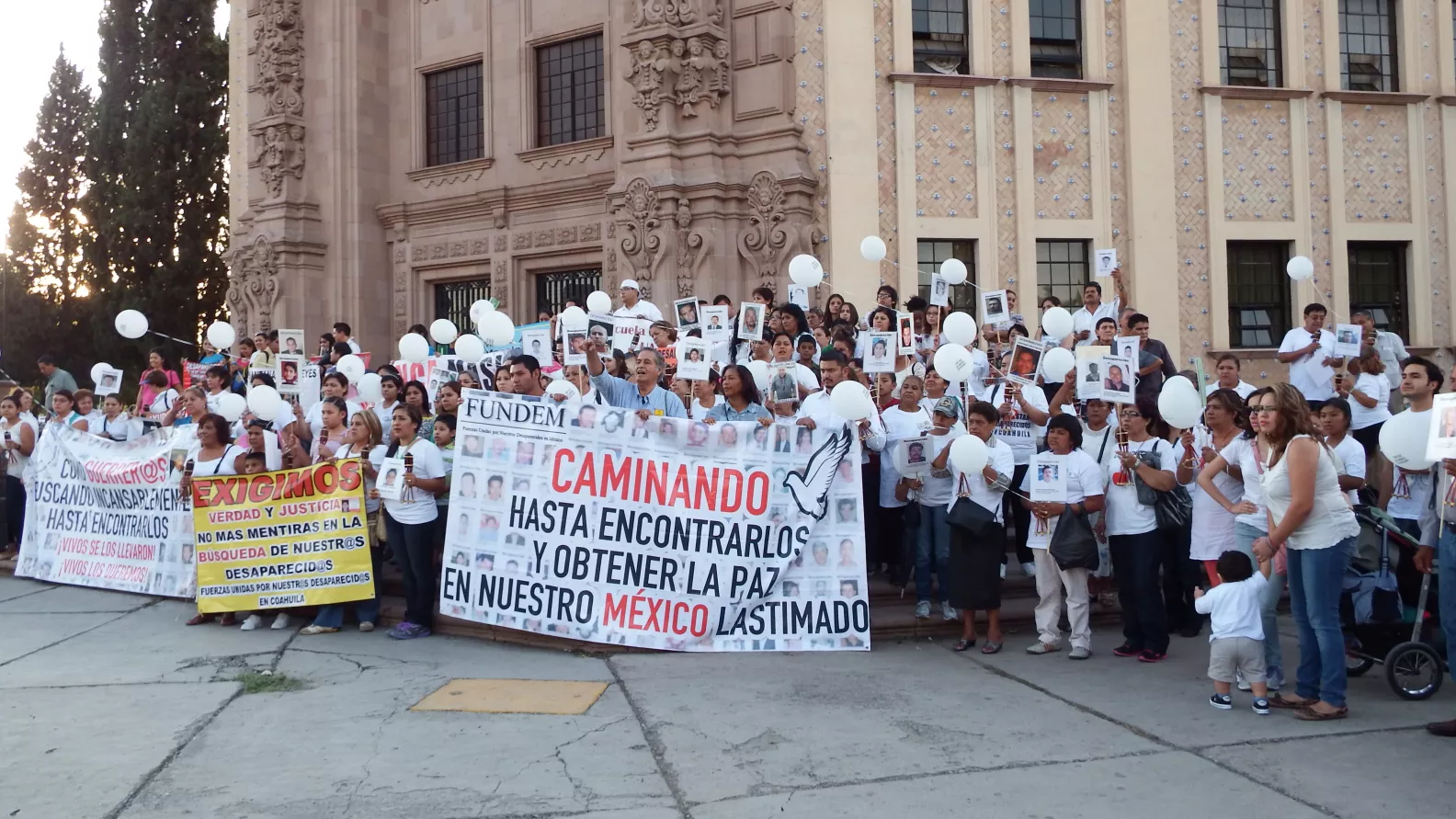
The United Nations Office of the High Commissioner for Human Rights describes human rights defenders as the “people who, individually or with others, act to promote or protect human rights” and adds that “to be a human rights defender, a person can act to address any human right (or rights) on behalf of individuals or groups”. These rights include civil and political rights, as well as economic, social, cultural and environmental rights.
Defenders address several human rights issues, including arbitrary detentions, torture, extrajudicial executions, gender violence, environmental degradation, labour rights violations, indigenous rights violations, among many others.
In 1998, the United Nations General Assembly approved the Declaration on the Right and Responsibility of Individuals, Groups and Organs of Society to Promote and Protect Universally Recognized Human Rights and Fundamental Freedoms, frequently known as the Declaration on human rights defenders. The document states that every person has the right to defend human rights and to participate in peaceful activities against human rights violations.
The declaration calls on States to guarantee the protection of human rights defenders against “violence, threats, retaliation, adverse discrimination, pressure or any other arbitrary action as a consequence of his or her legitimate exercise of the rights referred to in the Declaration” (Article 12).
Therefore, the declaration thrusts on States a duty to protect. This is a central aspect of PBI’s political advocacy: to remind States of their international obligation to protect defenders.
